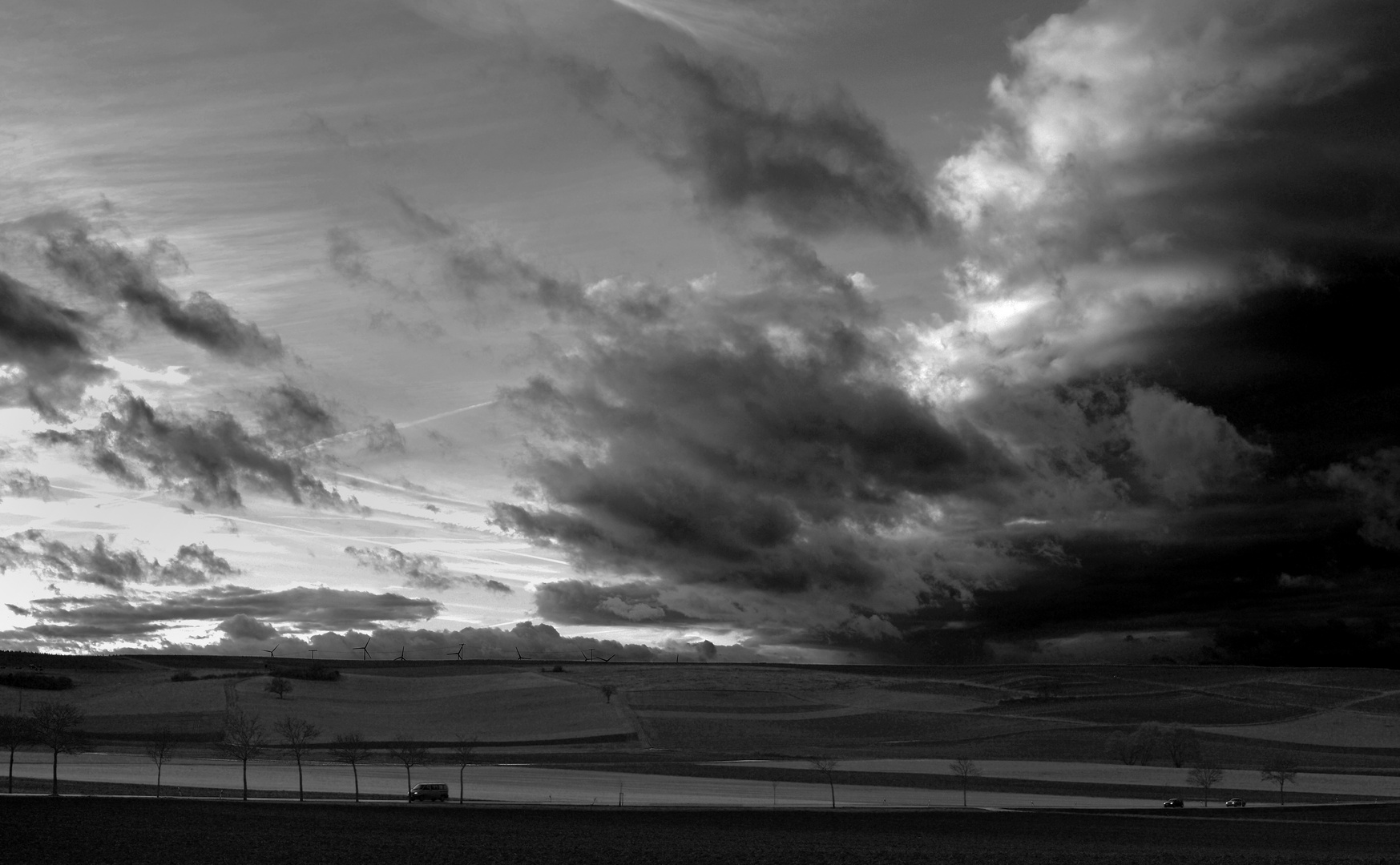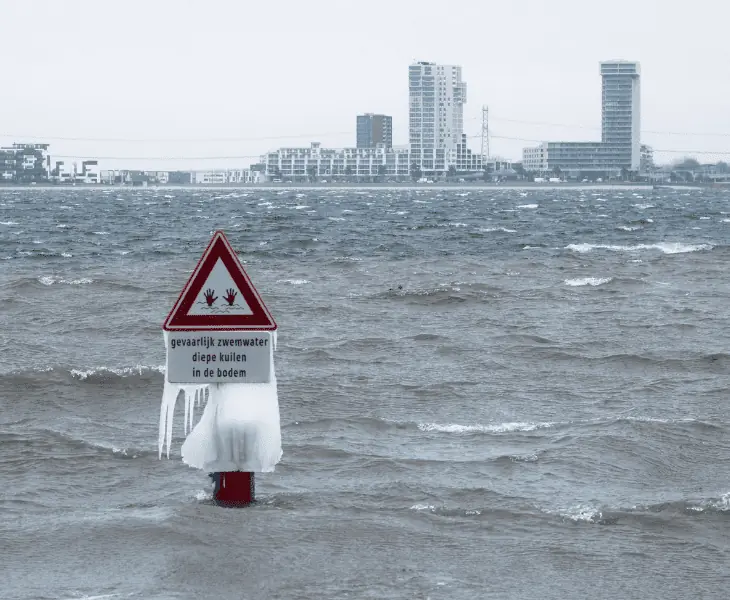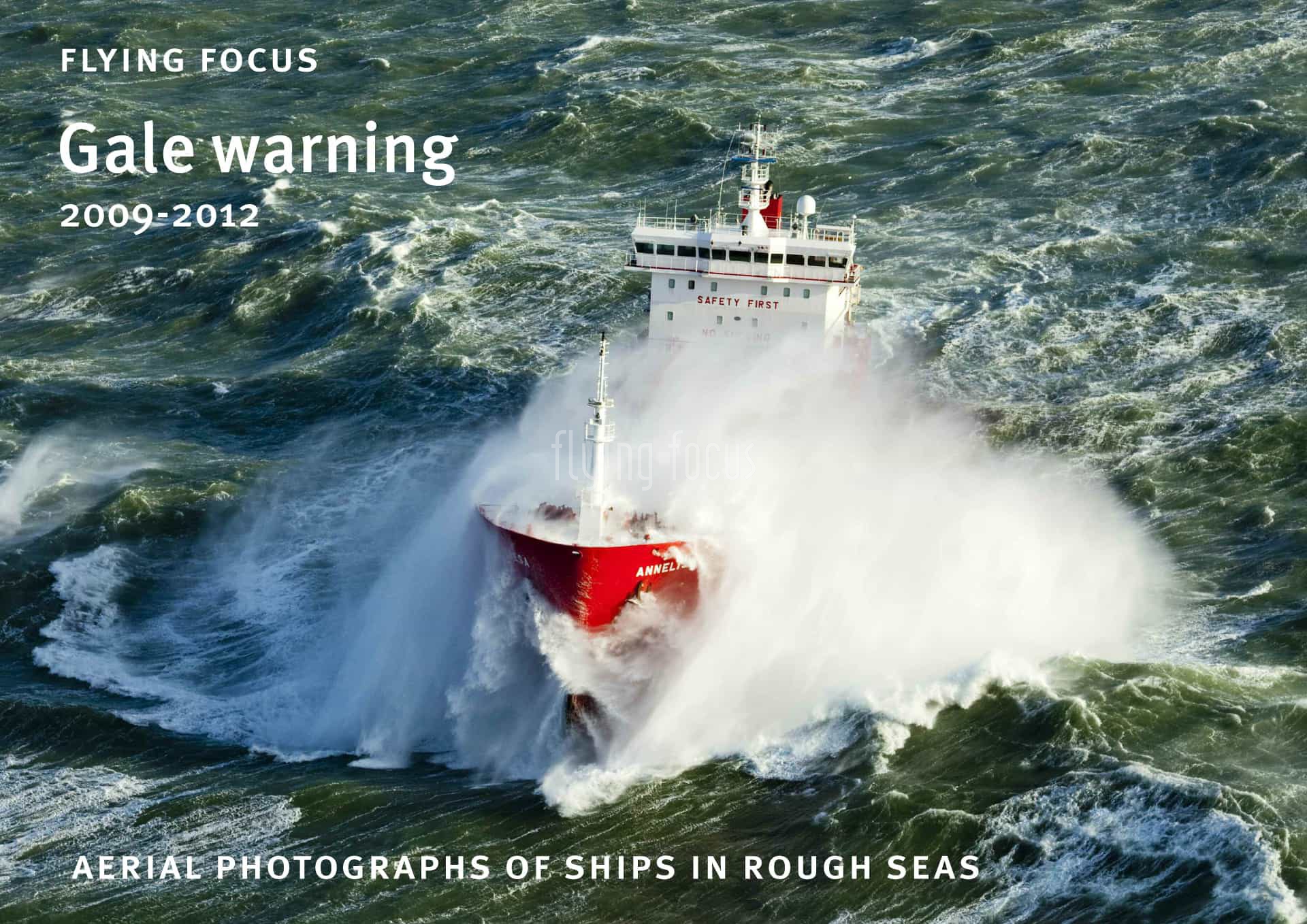Table of Contents
- Gale warning 2009-2012 | Webshop Flying Focus
- Gale Warning!!!!!! : r/BaldursGate3
- Is Gale Warning Dangerous? - (Little Known Facts!)
- Gale Warning
- gale warning Foto & Bild | jahreszeiten, winter, b/w Bilder auf ...
- What is a Gale Warning – Quick Facts – The Surfing Handbook
- Gale warning - Alchetron, The Free Social Encyclopedia
- Is Gale Warning Dangerous? - (Little Known Facts!)
- Gale Warning (1962)
- Gale warning 2009-2012 | Flying Focus



What is a Gale Warning?



Impact of Gale Warnings




Responding to Gale Warnings
When a gale warning is issued, it is essential to take necessary precautions to ensure safety and minimize damage. Here are some steps to take: Monitor Weather Updates: Stay informed about the latest weather forecast and warning updates from trusted sources, such as the NWS or local news outlets. Secure Outdoor Items: Bring in or tie down outdoor furniture, decorations, and other items that could become projectiles in strong winds. Prepare for Power Outages: Charge your devices, have a backup power source, and stock up on non-perishable food and water. Follow Evacuation Orders: If ordered to evacuate, do so promptly and follow the recommended evacuation route. Gale warnings are a critical component of marine weather forecasting, providing essential information to help individuals and communities prepare for and respond to strong winds and rough seas. By understanding the definition, impact, and response to gale warnings, you can take necessary precautions to ensure your safety and minimize damage. Remember to stay informed, be prepared, and follow evacuation orders to navigate the fury of the sea. Whether you are a mariner, coastal resident, or simply someone who loves the ocean, being aware of gale warnings is crucial to staying safe and respecting the power of nature.Meta Description: Learn about gale warnings, including their definition, impact, and response. Understand how to prepare for and respond to strong winds and rough seas, and stay safe during marine weather events.
Keywords: gale warning, marine weather, coastal erosion, rough seas, power outages, evacuation orders, weather forecasting, National Weather Service, NWS, maritime activities, coastal communities.